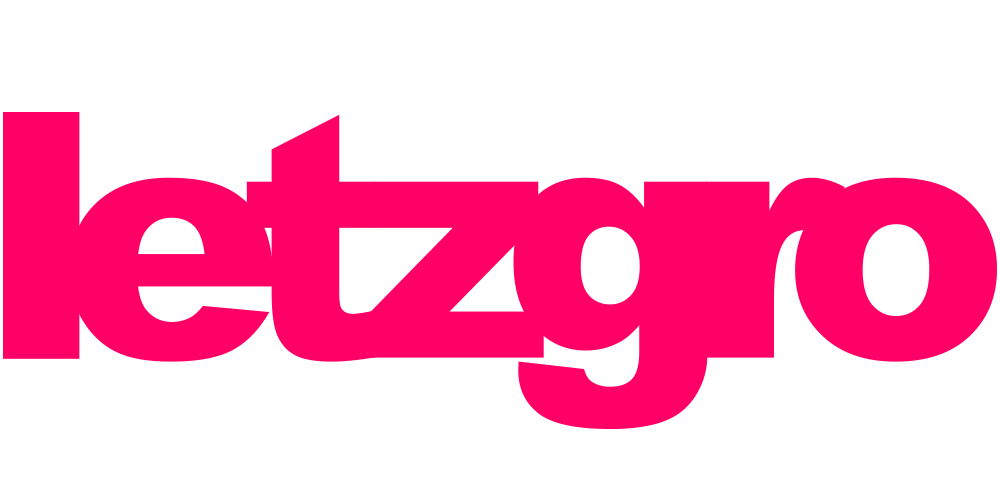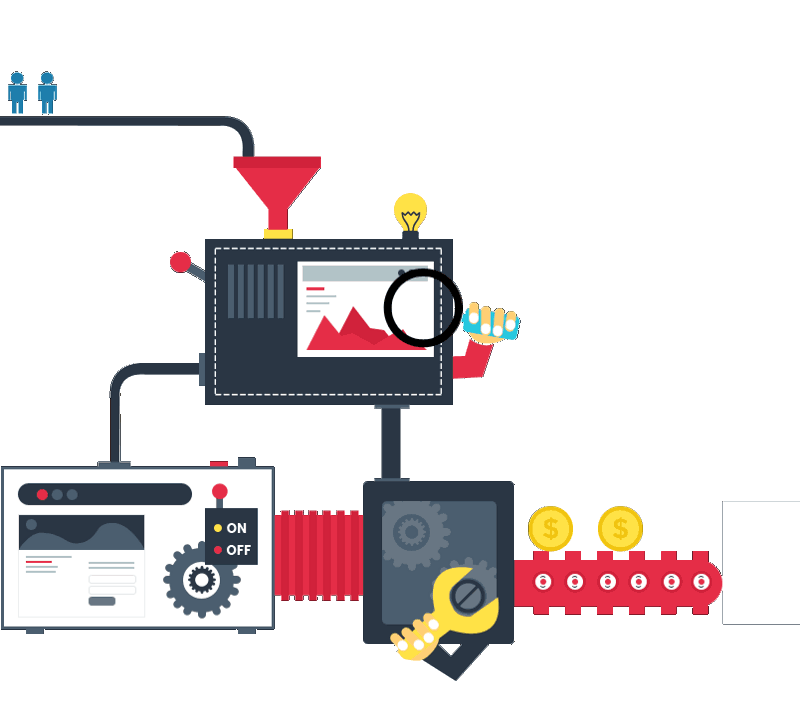
Startup development is one hell of a risky business, which is why you need good quality software to make it in the startup scene. One good way to achieve this quality is to use PHP for software development.
The popularity of PHP is unarguable, even though the language faces such strong competitors as ASPX, Perl, and CGI. Facebook and WordPress praise it for high-level performance, reliability, and simplicity (which is very important for modern application development). PHP skills are a definite advantage as they open new financial opportunities for companies that use them. Here are four main reasons for you to choose PHP programming language as your main tool.
[announce]
1. Simplicity and ease-of-use
PHP is definitely among the easiest scripting languages. You’ll have no trouble learning it if you’re already familiar with C and Java, or even if you only know HTML. PHP it a great choice for developers who’re just starting out on their career paths. PHP operates fast since it doesn’t require many resources to run. Don’t expect any problems with hosting, as many companies provide it for PHP.
2. Freedom
The level of freedom you get with PHP is superior compared to other languages. It’s open source, so you’re free to use any text editor, including jEdit, Emacs, Notebook++, and Bluefish to write PHP code. You can even use Notepad! Compare that with ASPX, that only allows using Microsoft Visual Studio to develop applications. What’s more, you can use any operating system with PHP – Windows, MacOS, Linux, and UNIX.
3. Support
PHP has a huge fan army that has generated an enormous knowledge base full of helpful materials and documentation, available 24/7 at zero cost. Whatever coding issue you encounter, chances are someone has already found a solution and posted it on a PHP-themed forum, a blog, or other online platform.
4. Not a freemium, but actually free
The core and updates are free. They don’t cost a thing. Seriously. Isn’t it nice to get something so useful for your business without a hefty price tag attached? You get a complete pack of ready-to-use tools, and there are no licenses, restrictions, premium updates and the like. Plus, PHP has a high level of integration in almost every industry there is. It powers more than 30% of the web. Can you imagine how far you can get with this language?
Now that you know why PHP is so famous and why developers keep rating it as the most popular server-side scripting language in the entire world, it’s time to take a look at PHP frameworks.
Frameworks save developers hours of their precious time by providing a wide range of pre-made solutions, and therefore eliminating the need to develop complex applications from scratch.
Laravel
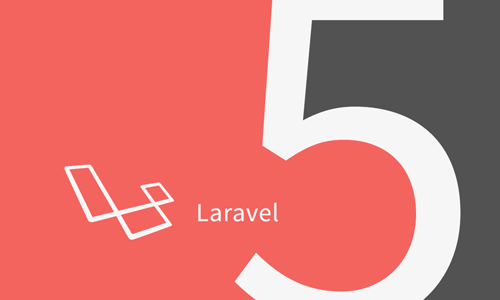
This framework is considered to be the most popular on the market, despite the fact that it’s a relatively new player. Having a great ecosystem with an instant hosting and deployment platform, and lots of screencast tutorials on its official website, Laravel provides its users with rapid application development. It also includes Blade, a lightweight templating engine, and Homestead, a local development environment. All these features make Laravel an essential development technology.
Symfony

Symfony Components are reusable PHP libraries created for completing a wide range of tasks – routing, authentication, form creation, templating, etc. Composer is a tool for dependency management in PHP that will help you install any chosen Component. Drupal and phpBB both have bits of Symfony in them. In fact, even Laravel relies of Symfony.
CodeIgniter
Having more than ten years of ‘experience’, this lightweight PHP framework has gathered a huge fandom. It has a straightforward installation process and works perfectly on almost all shared and dedicated hosting platforms, so you will have no problems with PHP version conflicts. You will have to use Controller classes, but Modules and Views are optional, as CodeIgniter is not strictly based on the MVC pattern. It’s a lightweight framework with only 2MB of weight, which might surprise you when you download it. But you can always add third-party plugins to enhance the functionality.
CakePHP
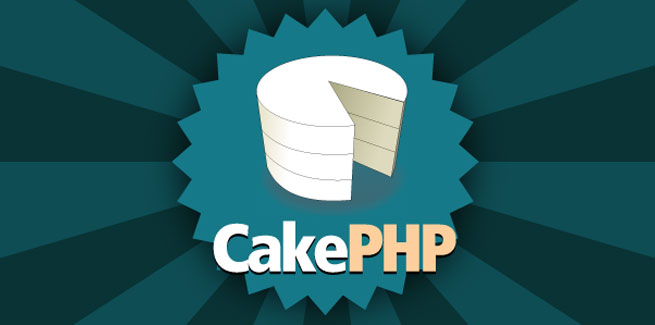
CakePHP is another decade-old framework that, despite the age, always stays up-to-date. The latest version came with better modularity and an improved ability to create standalone libraries. BMW, Hyundai, and Express use CakePHP to power their official websites. With its built-in security features (CSRF protection, input validation, XSS prevention, etc.), CakePHP is excellent for building applications that require high-level security.
Phalcon
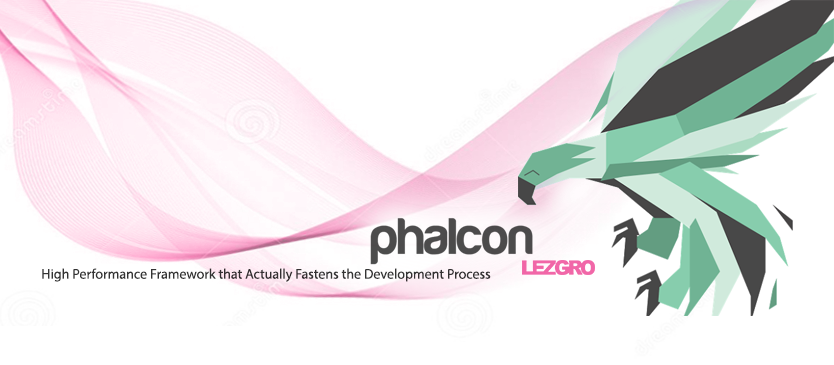
The name of this framework does a really good job at representing its main advantage – speed. Phalcon reached the highest possible level of performance optimization because it was written in C++ and C. The functionality, however, exists as PHP classes, so you don’t have to learn C to be able to use Phalcon. The framework boosts development speed and reduces resource usage at the same time. You’ll also find other great features, including asset management, caching, translation, auto-loading, and well-kept documentation, to name a few.
